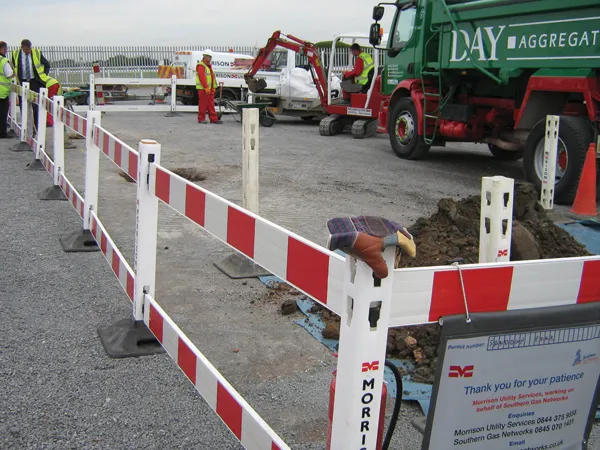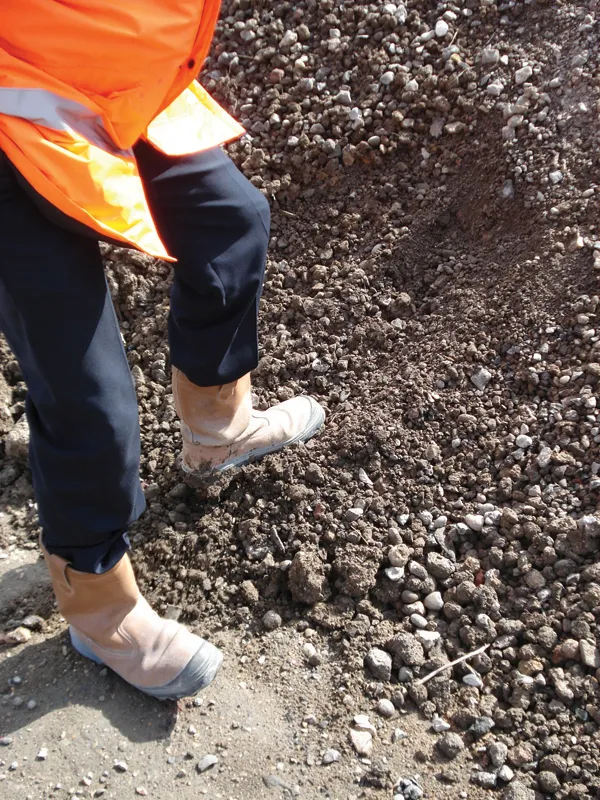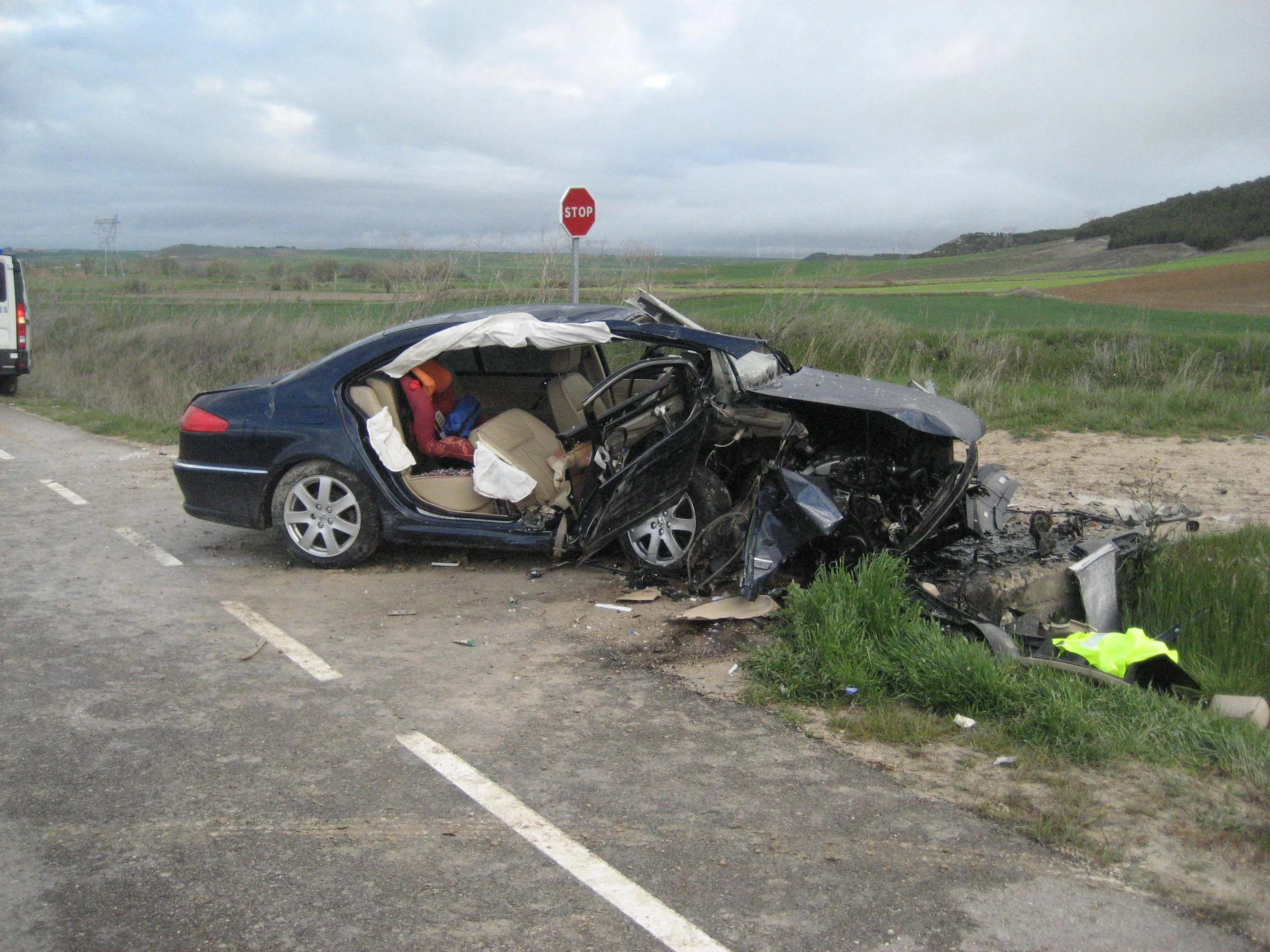The UK's Road Surface Treatment Association (RSTA) is voicing concern over moves by one London Borough to downgrade the importance of road repairs.
February 28, 2012
Read time: 2 mins
The UK's Road Surface Treatment Association (3294 RSTA) is voicing concern over moves by one London Borough to downgrade the importance of road repairs. According to new guidelines from Lambeth council in London, potholes shallower than 40mm deep will not be considered as potholes and will not be repaired. This move has been introduced in a bid to cut road repair budgets following government cutbacks and there is concern that other councils across the UK will follow.
The RSTA believes the new guidelines to be short-sighted and ultimately will cost councils more in both repair bills and insurance compensation claims. In addition to setting the 40mm limit as an official pothole, Lambeth Council has also reduced the number of road inspections that it will carry out and now only inspect roads every six months rather than four. The result is likely to be a significant deterioration in the road condition. Unfortunately, due to budget cuts, 75% of councils are set to adopt the same approach. "Redefining the size of pothole is simply hoping that the problem will go away. It will not. It will simply get worse," said Howard Robinson, RSTA chief executive. "If councils had the foresight to properly maintain their roads in the first place then they would not be facing the huge pothole repair bill resulting from recent severe winters. It costs only £2 m2 to surface dress and maintain a road but costs £75 m2 to repair potholes." Poorly maintained roads also cost councils in terms of insurance claims.
During 2008 - 09 councils paid £53 million in compensation claims. Motorists themselves paid out £473 million in repairs and it is estimated that as a whole Britain's crumbling roads cost the national economy some £20 billion/year. "To quibble about when is a pothole not a pothole should not be the issue. The real issue is the provision of a safe and reliable road network and for this councils should not take short cuts, not put their heads in the sand, or in this case the pothole, and hope that the problem will go away", said Robinson.
The RSTA believes the new guidelines to be short-sighted and ultimately will cost councils more in both repair bills and insurance compensation claims. In addition to setting the 40mm limit as an official pothole, Lambeth Council has also reduced the number of road inspections that it will carry out and now only inspect roads every six months rather than four. The result is likely to be a significant deterioration in the road condition. Unfortunately, due to budget cuts, 75% of councils are set to adopt the same approach. "Redefining the size of pothole is simply hoping that the problem will go away. It will not. It will simply get worse," said Howard Robinson, RSTA chief executive. "If councils had the foresight to properly maintain their roads in the first place then they would not be facing the huge pothole repair bill resulting from recent severe winters. It costs only £2 m2 to surface dress and maintain a road but costs £75 m2 to repair potholes." Poorly maintained roads also cost councils in terms of insurance claims.
During 2008 - 09 councils paid £53 million in compensation claims. Motorists themselves paid out £473 million in repairs and it is estimated that as a whole Britain's crumbling roads cost the national economy some £20 billion/year. "To quibble about when is a pothole not a pothole should not be the issue. The real issue is the provision of a safe and reliable road network and for this councils should not take short cuts, not put their heads in the sand, or in this case the pothole, and hope that the problem will go away", said Robinson.









